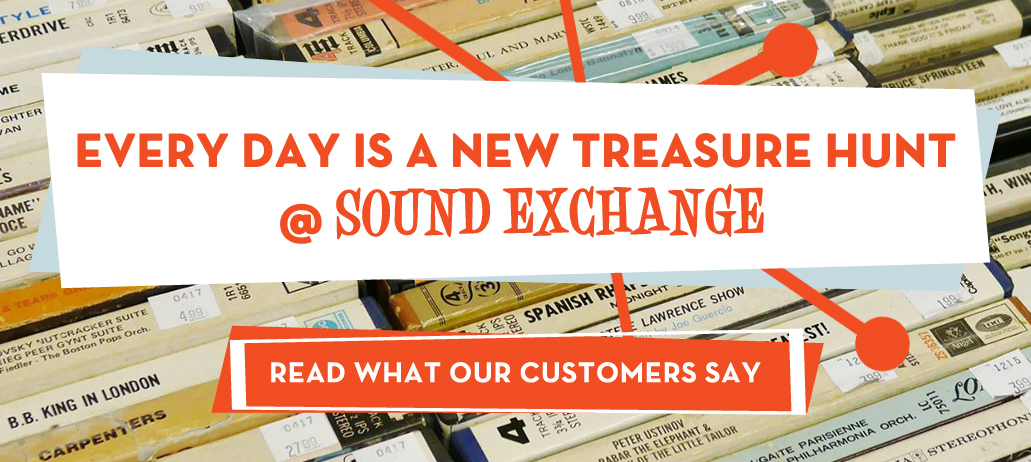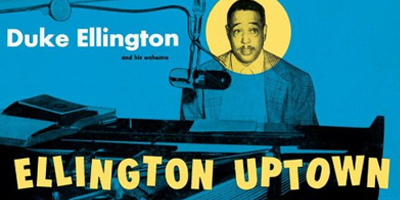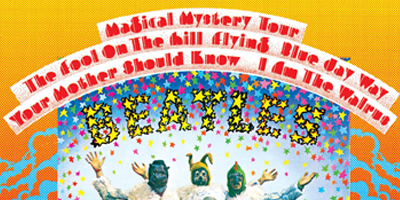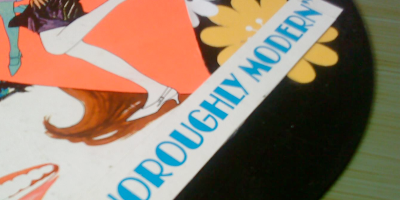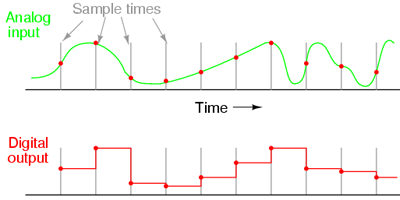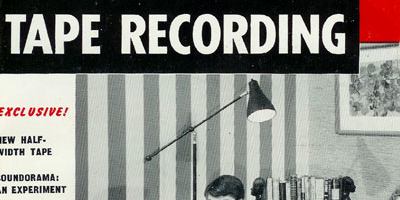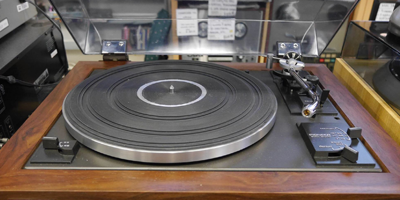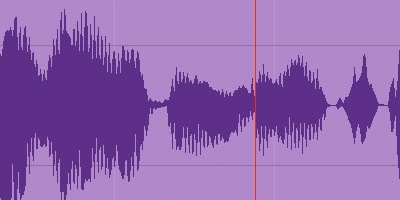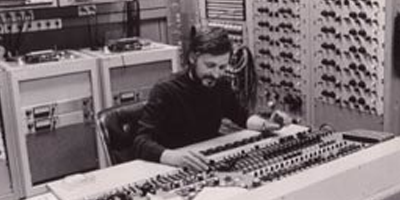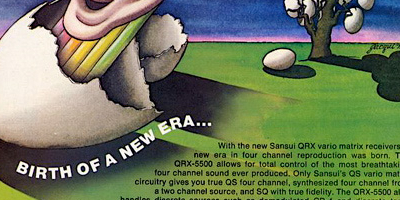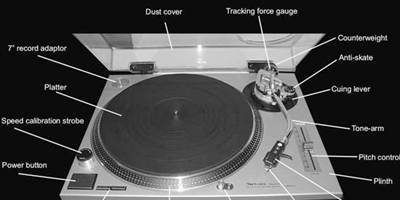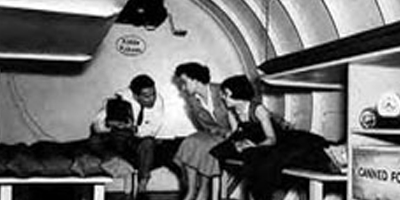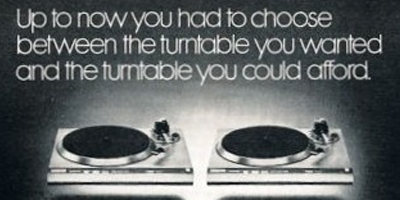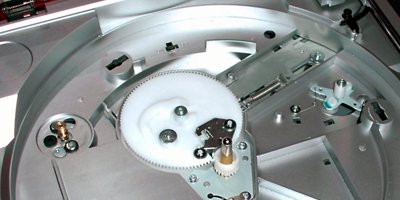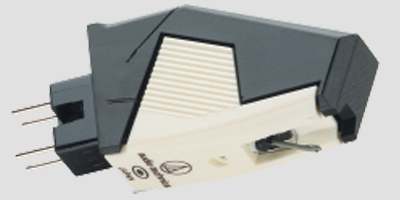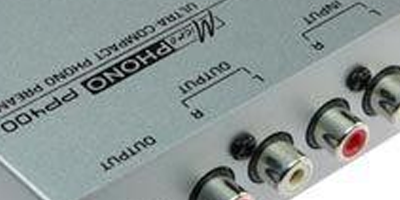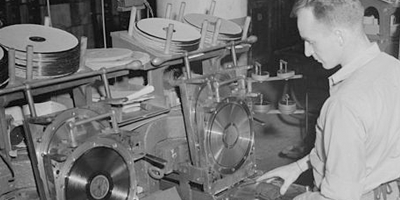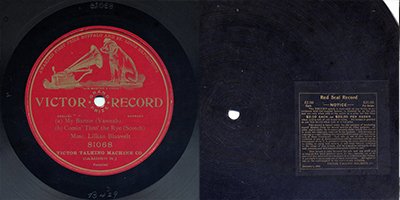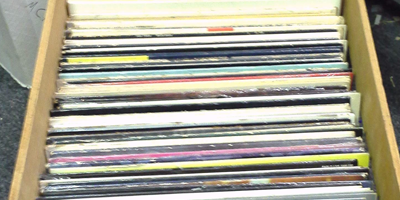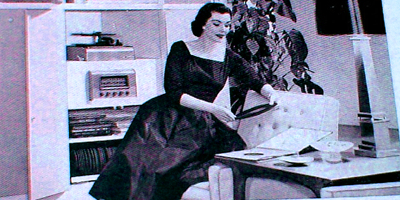Perhaps you have heard of the debate about which is better, vinyl records or CDs. This question can be reduced to studying their differences. When playing vinyl records you are typically listening to an analog representation of a musical performance. When playing a CD you are typically listening to a digital representation of a musical performance.
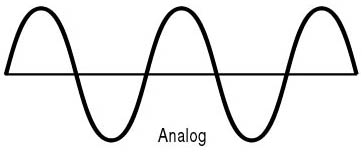
“Analog” sound is natural sound as it is created and heard in our daily lives. We hear analog sounds as smooth, continuous wave of air pressure pulses (vibrations).
“Digital” sound means that in the process of presenting a musical program to the listener, the analog sound has been numerically described by a digital code. It is much like the way that computers store letters and numbers as it ultimately gets down to a string of bits and bytes. Upon playback, this digital code is turned back into audible sound.
OK, but why would you want to go from analog to digital and back to analog? How could that process make it sound better? What benefits lie in describing music numerically when you can just simply listen to it in its natural analog form?
Hopefully a discussion about analog and digital recording and playback can help explain it all a bit better and put it into a useable form to help you decide what works best for your needs. The fact that this on-going debate has existed for nearly 30 years suggests that there really are two sides to this story with both sides have some strong supporting points.
Analog and digital recording and playback are different for sure, each having their own strengths and weaknesses, but saying that one is absolutely, always better than the other simply isn’t true. Saying that one is better or worse for your specific purposes can be true however, so which method wins out will depend largely on how much importance you place on the strengths or weaknesses of analog and digital sound representation and how you are going to use it. And with that said, my main point to you is that vinyl records in the context of the “Classic Vinyl Listening Experience” remains as a viable choice in an ever-increasing digital world.
 Sign Up For Our Newsletter
Sign Up For Our Newsletter


